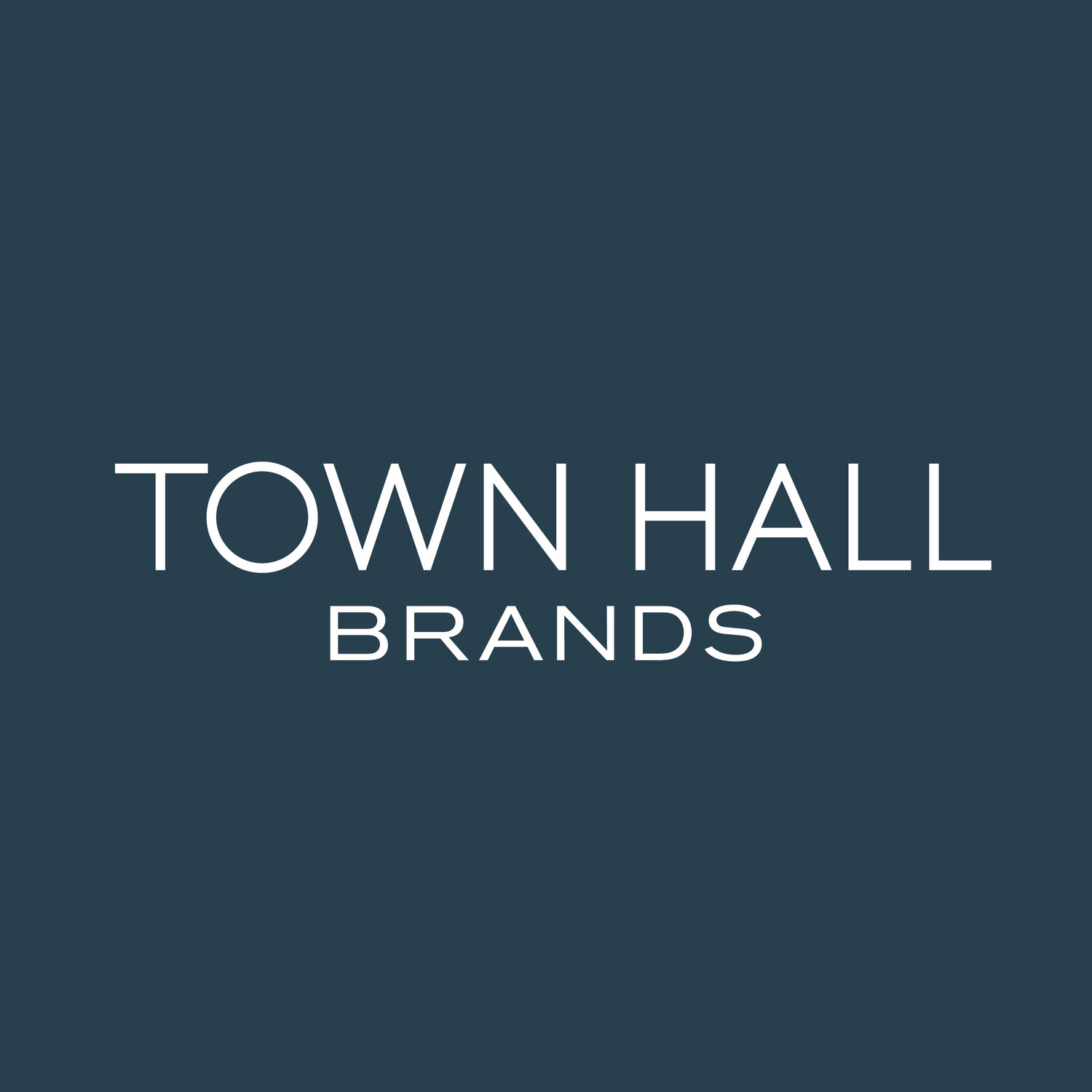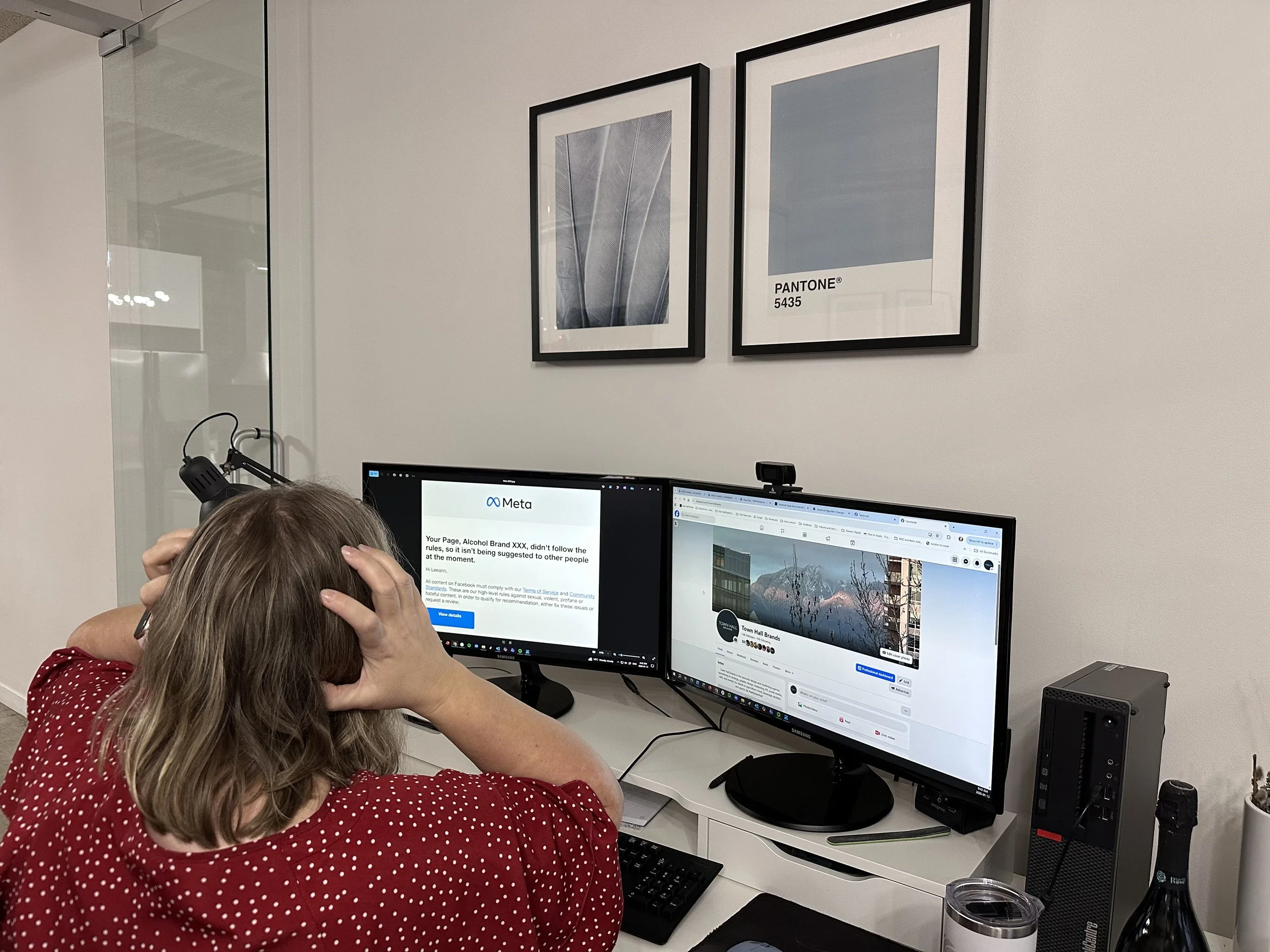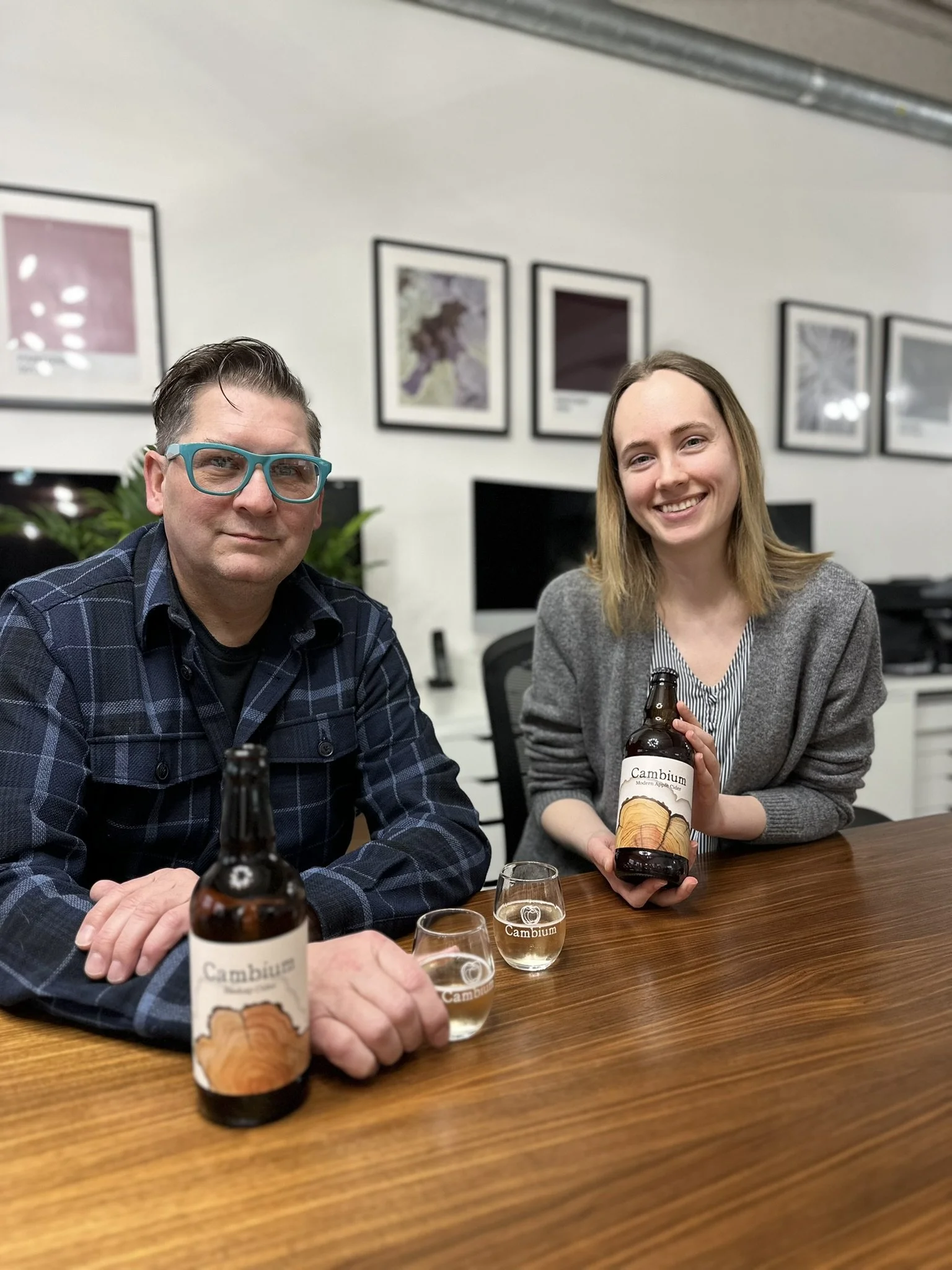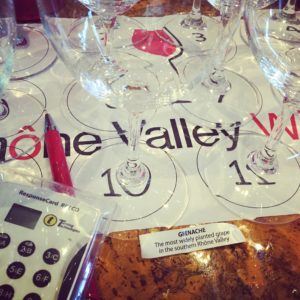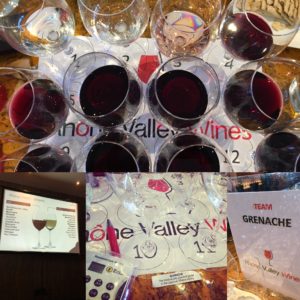Best Sommelier of BC Competition Returns to Vancouver
New competing category for 2018 BC Aspiring Sommelier
Hosted by The Canadian Association of Professional Sommeliers British Columbia Chapter (CAPS BC), the fourth annual Best Sommelier of BC Competition returns to Rogers Arena on January 29th, 2018.
[Vancouver, BC] This annual competition attracts some of the best and brightest sommeliers from across the province to compete for the title of BC's Best Sommelier 2018 . This incredibly challenging competition includes both a written and practical examination. The practical exam will be held live as the top three sommeliers from the written portion compete for the 2018 title. Ticket packages available for CAPS Members and the public to view the competition and join the post-competition celebration dinner and announcements.
The winner will be announced at the post-competition Dinner, hosted by CAPS BC, at the Encore Suite at Rogers Arena (doors open at 4:30pm).
To be eligible to compete, individuals must be accredited members of CAPS BC and must earn at least 50% of their income from hospitality employment as a sommelier. Competitors must also be a Canadian Citizen or Permanent Resident.
Those sommeliers (or up-and-coming sommeliers) wishing to compete can still apply, and the entrants to date are listed here, in alphabetical order by last name:
Christina Hartigan, Botanist
Michael Hiram, AnnaLena
Matthew Landry, The Stable House Bistro
Shane Lobsinger, Sonora Resort
Adam Mehew, Yew at Four Seasons Hotel
Scott Mitchell, AnnaLena
Sean Nelson, Vij's
Jayton Paul, Hawksworth Restaurant
Todd Prucyk, Hawksworth Restaurant
Tereza Roux, Wedgewood Hotel
Peter Van de Reep, Campagnolo
Jesse Walters, Burdock & Co.
Esteemed judges for this year: Barbara Philip, Michaela Morris and Sebastien Le Goff. Emcee is DJ Kearney and Shane Taylor, winner of 2017 Best Sommelier BC Competition.
Competition Details
9:00am-11:00am- Preliminary competition, including written exam and blind tasting, with all candidates. This portion happens behind closed doors.
12:00pm-4:30pm- The Top 3 Competitors will be announced, and then immediately compete live for Best Somm BC 2018. This portion is open to the public for viewing.
Location: Captains Room, Rogers Arena (Gate 10, 800 Griffiths Way)
Champions Dinner Details
4:30pm-8:00pm- Cocktail hour, dinner served, and winners announced.
Location: Encore Suite, Rogers Arena (Gate 10, 800 Griffiths Way)
Ticket Prices:
CAPS Members:
$65 - Live Competition Viewing + Reception & Dinner Package
$40 - Reception/Dinner Only
Non-Members:
$75 - Live Competition Viewing + Reception & Dinner Package
$50 - Reception/Dinner Only
For the LIVE Competition Viewing ONLY - $10 at the door (first come-first serve seating). Doors open at 12:00pm and the competition begins at 12:30pm.
In addition - for the first time, CAPS BC is happy to announce the 2018 BC Aspiring Somm Competition.
This event is open to any member of CAPS BC who earns at least 50% of their income from hospitality employment in any role as well as has an interest in participating in future Best Sommelier of BC competitions. The event mimics theBest Sommelier of BC format to give aspiring sommeliers the opportunity to understand what the competition is really all about. Competitors must also be a Canadian citizen or Permanent Resident. This event runs concurrent to the Best Sommelier of BC, from 9:00am-12:00pm on Monday, January 29th at Rogers Arena. The 2018 BC Aspiring Sommelier Winner will be announced prior to theBest Sommelier of BC announcement on Monday evening.
About Canadian Association of Professional Sommeliers:
Established in 1989, the Canadian Association of Professional Sommeliers (CAPS) is a pan-Canadian association, which brings together individuals within the sommelier profession, restaurant services, and other sectors of the wine industry.
As a not-for-profit organization, CAPS aims to promote and educate the sommelier profession through professional development and networking events related to the wine and spirits industry. Visit: http://sommelierscanada.com/
